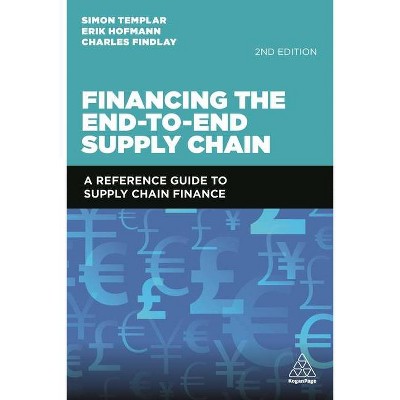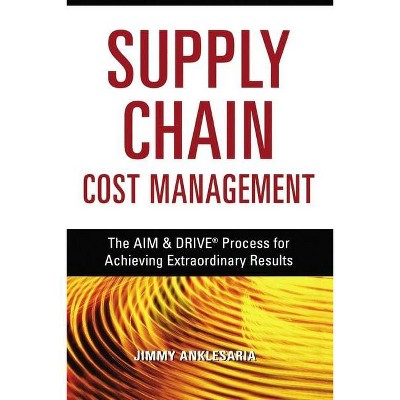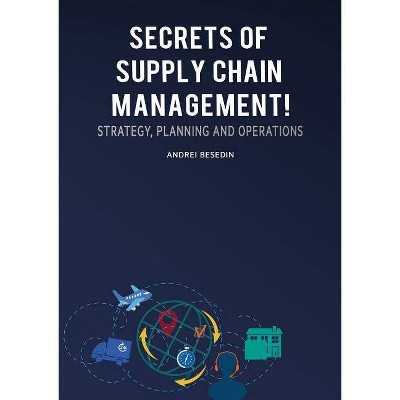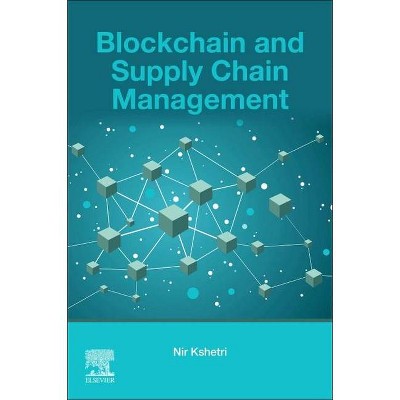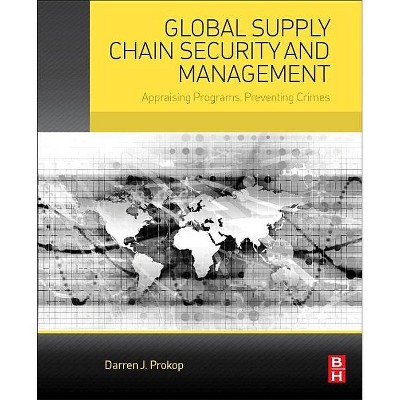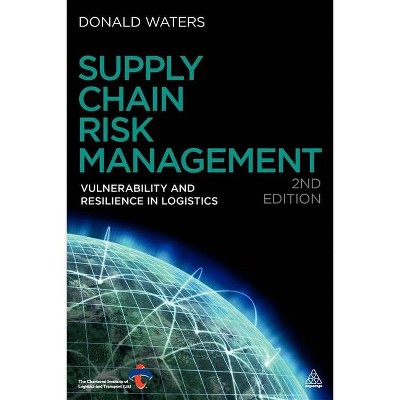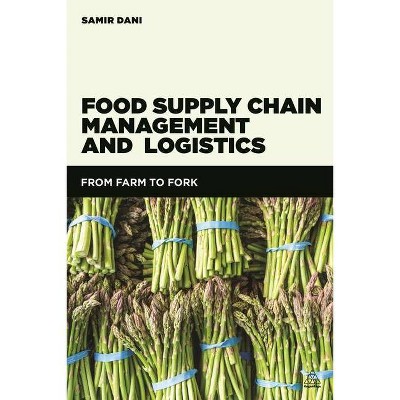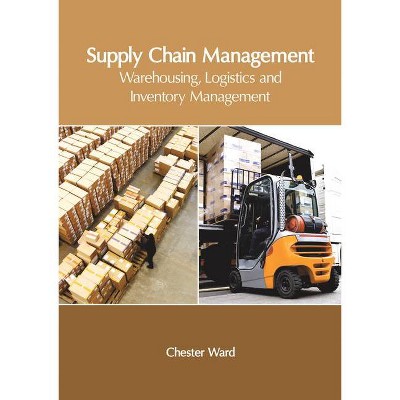Supply Chain Management Accounting - by Simon Templar (Paperback)
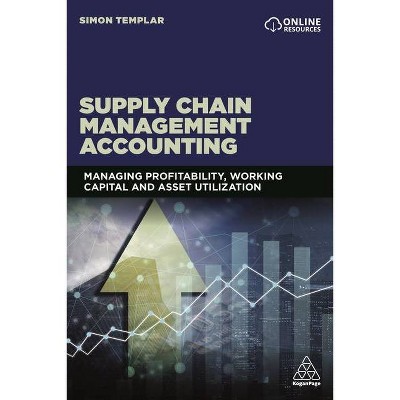
Similar Products
Products of same category from the store
AllProduct info
<p/><br></br><p><b> About the Book </b></p></br></br>Examines the important function of supply chain management accounting, which optimizes the processes of planning, monitoring and management of information in logistics and manufacturing.<p/><br></br><p><b> Book Synopsis </b></p></br></br><p>The need to contain costs across the business is as strong as ever and the search for cost reduction opportunities is intensifying. There still remains one last major opportunity to take out costs - through the supply chain. Ultimately all costs will make their way to the final marketplace to be reflected in the price paid by the end user. Smart companies instead seek to make the supply chain more competitive through the value it creates and the costs it reduces overall. They have realized that the real competition is not company against company but rather supply chain against supply chain. <p/><b><i>Supply Chain Management Accounting</i> </b>looks at how the evolution of supply chains has been dramatic over the last few years, with more and more companies moving to sourcing overseas, distributing finished goods to overseas markets, and increasing their international operations. The seeking of low-cost country sourcing, optimizing manufacturing, and exporting products and services has created new challenges to demand forecasting and supply chain planning. <b><i>Supply Chain Management Accounting </i></b>presents a wide range of approaches and ground-breaking research findings. The book covers profitability, liquidity and asset utilization, product costing, activity-based costing, investment appraisal, customer profitability analysis, budgeting and sales and operations planning. Online supporting resources include invaluable study questions and worked solutions to reinforce the learning as well as multiple-choice questions with solutions and PowerPoint activities.</p><p/><br></br><p><b> Review Quotes </b></p></br></br><br>Supply chain decisions, such as sourcing globally, investing in a new manufacturing facility, reducing inventory levels, or redesigning a transport network, have a profound impact on financial performance. However, decision makers rarely understand the full impact of these decision on their own firms, their supplier, and their customers. In this book, Dr. Simon Templar relies on his extensive practical experience and his academic expertise to build bridges between supply chain management and accounting. Whether you are an accountant or a supply chain practitioner, if you want to learn how to get the best financial results out of your supply chain, this book is for you.-- "Carlos Mena, Nike Professor of Supply Chain Management, Portland State University, USA"<br><br>The book highlights that supply chain management (SCM) is much more than operational decision-making, demand planning or logistics execution. The work demonstrates impressively that SCM also affects financial variables such as sales revenues, net working capital or asset utilization. The book perfectly emphasises the very important but often neglected interfaces between operations and managerial accounting. The book serves both as a basis for newcomers to this field as well as compendium for specialists for a more in-depth examination of the operations-finance-relations.-- "Prof. Dr. Erik Hofmann, Director, Institute of Supply Chain Management, University of St.Gallen, Switzerland"<br><p/><br></br><p><b> About the Author </b></p></br></br><b>Simon Templar </b>is a qualified accountant with 20 years industry experience as well as a lecturer on supply chain and procurement MScs in Cranfield and Plymouth. The author is a founding member of the Supply Chain Finance Community, a not-for-profit association which aims to share best practice and new research in an open, collaborative environment.
Price History
Price Archive shows prices from various stores, lets you see history and find the cheapest. There is no actual sale on the website. For all support, inquiry and suggestion messagescommunication@pricearchive.us
